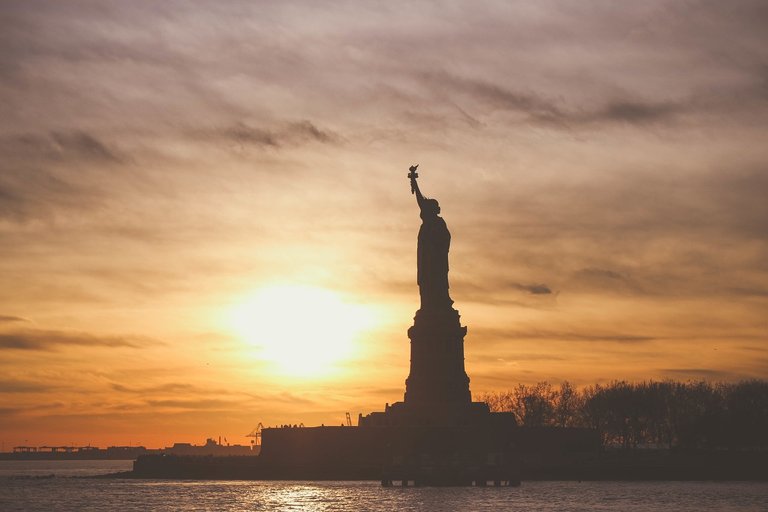
If you're a libertarian who engages others in conversation, whether on social media or in person, then you've most likely witnessed the occasional "libertarian purity test." A person comes out as pro-life, or they believe in borders, or they're a minarchist who hasn't fully embraced the hypothetical of a completely voluntary society where people subscribe to rights enforcement services and private court systems, and suddenly someone says, "You're not a real libertarian!"
The truth is, libertarianism is a spectrum. Some people come from the right. They're fiscally conservative and have realized that Republicans are too authoritative when it comes to personal choices, and that they want big government, just like the Democrats. I came from the left. I grew up on the outskirts of New York City, where we believe that government shouldn't dictate morality. Yet modern liberals are just as authoritarian about their beliefs as conservatives, and many of their big government ideas do more harm than good, even though they appear to be well-intentioned. Some people will claim to have been libertarians all along. These tend to be academics who can quote Rothbard, or Mises or any number of economists and philosophers. We took many paths and here we are, divided into arguably more segments than the combination of all Democrats and Republicans. We are one another's closest allies, and yet we spend time bickering over the purity of our principles on one side, and the palatability of our message on the other.
In order to advance our pursuit of liberty, it is important to get as many people moving in the same direction as possible. Presently, everyone's herding cats in their particular factions and we lack the unity and organization that's required to advance our common objectives in a meaningful way. This needs to change.
As a first step, I took a temperature of the community with an informal, unscientific poll in a big-L Libertarian group on Facebook. The question I posed was, "Who are the 3 most influential people in the liberty movement today?"
At some point in the future, I may run a similar poll among ancaps and other groups to discover other trends, and I may also take a temperature on the more historic figures who have shaped the movement. But for now, I wanted to understand who people see as our leaders and influencers in modern-day politics. I did not outline strict rules, and as expected, I got a wide range of responses. Several people responded with some sort of variant of, "Me, myself and I" and while this is arguably as libertarian as one can get with a response, it's not helpful to this project and so these people have been omitted from the final results. I also omitted podcasts, social media channels and other responses that were not specific to an individual, as well as any negative responses such as Hillary Clinton, Donald Trump and Vladamir Putin, and anyone who was deceased and therefore not participating in today's political arena.
As expected, the two people who got the most votes were Ron Paul and Tom Woods, respectively. The next most popular group of people each got approximately half as many votes as Paul and Woods, and these included Larry Sharpe, Justin Amash, Austin Petersen, Rand Paul and Thomas Massie. Slightly less popular was the group that consisted of Arvin Vohra, Dave Smith, Hans-Hermann Hoppe , Jason Stapleton, Jeffrey Tucker, Judge Andrew Napolitano and Robert Murphy.
Approximately 15 other people were selected by participants, but they did not get enough votes to be included in this informal study.
In the next installment of this article series, I will outline what I believe to be the most important attributes of the most popular influencers on this list. The goal is to find common traits among them that people find appealing. Some of these people are running for office. Others are anarchists. Some are minarchists, and some are Liberty Republicans who hold public office, rather than card-carrying Libertarians who for the most part have not been able to defeat the Red/Blue Duopoly that holds power today.
If you haven't already done so, please upvote this article, and follow my blog. The amount of effort I put into the next installment of this series will depend partly on the response I get. The ultimate goal will be for me to provide a roadmap for success that can serve to advance our cause to the point where we are a true force to be reckoned with. Stay tuned!